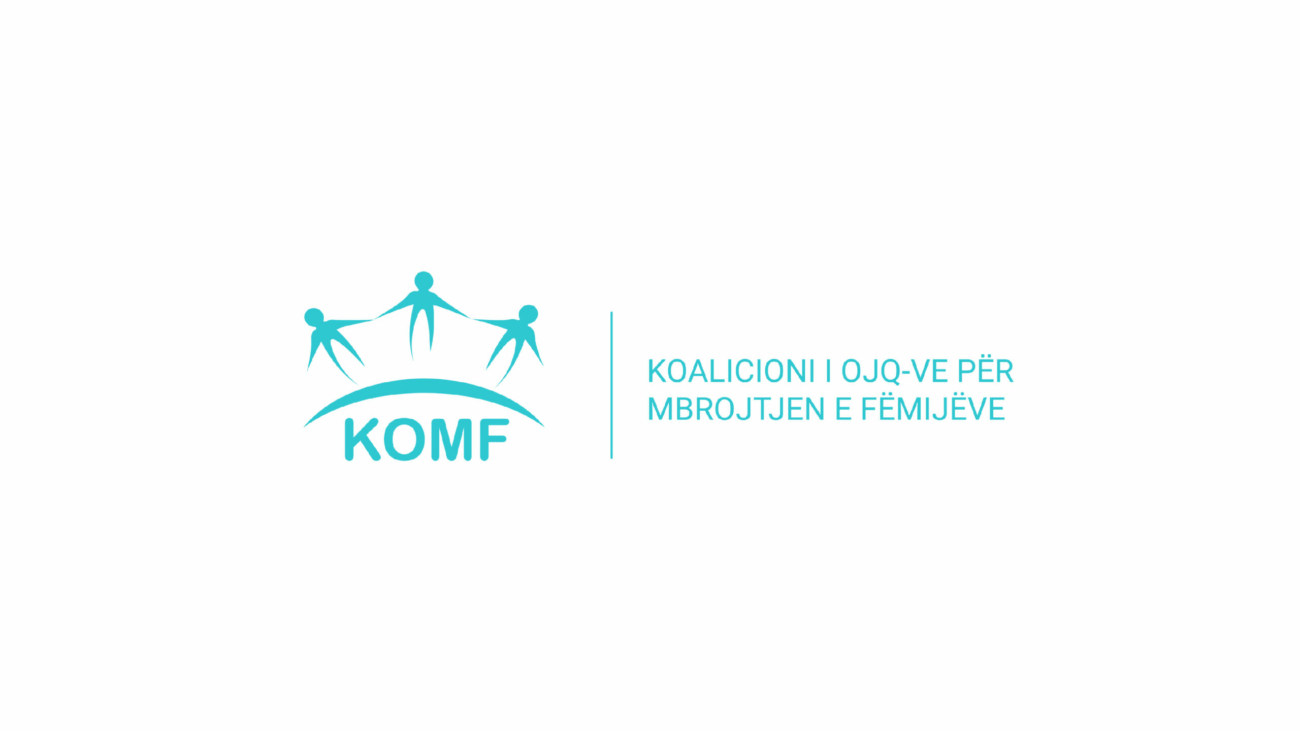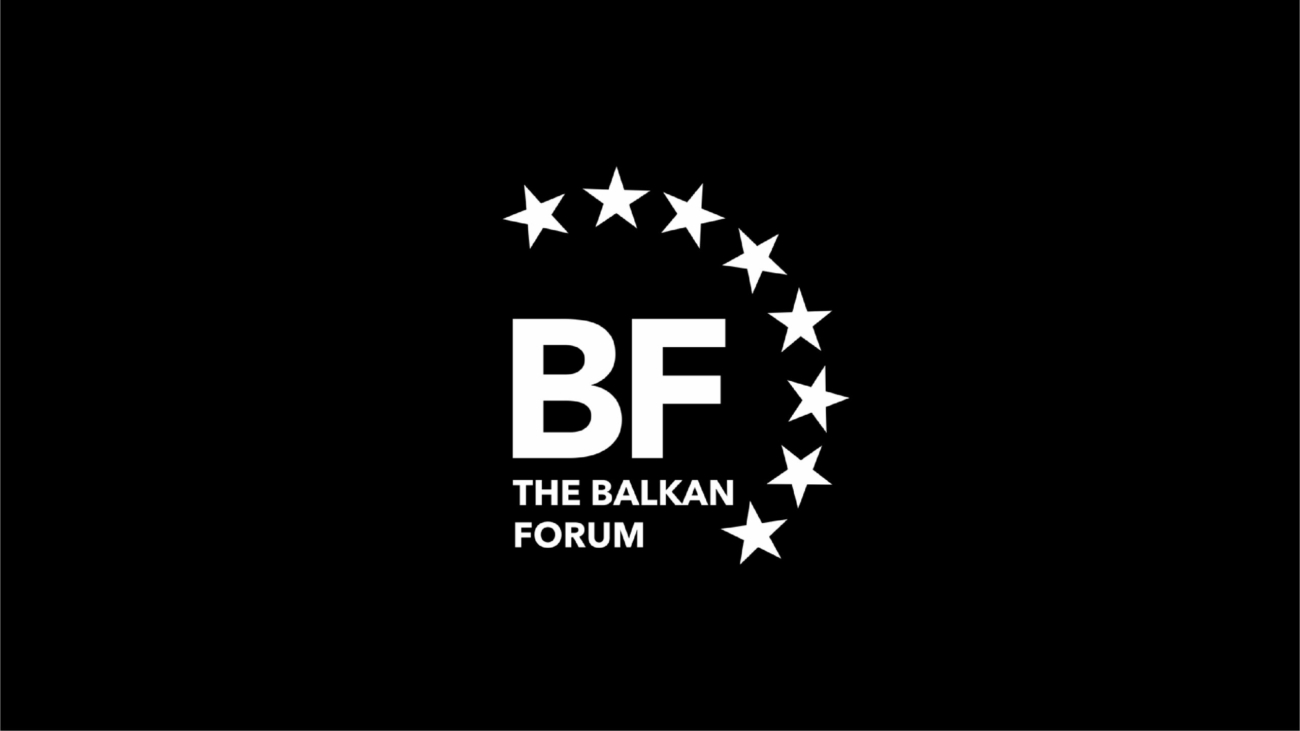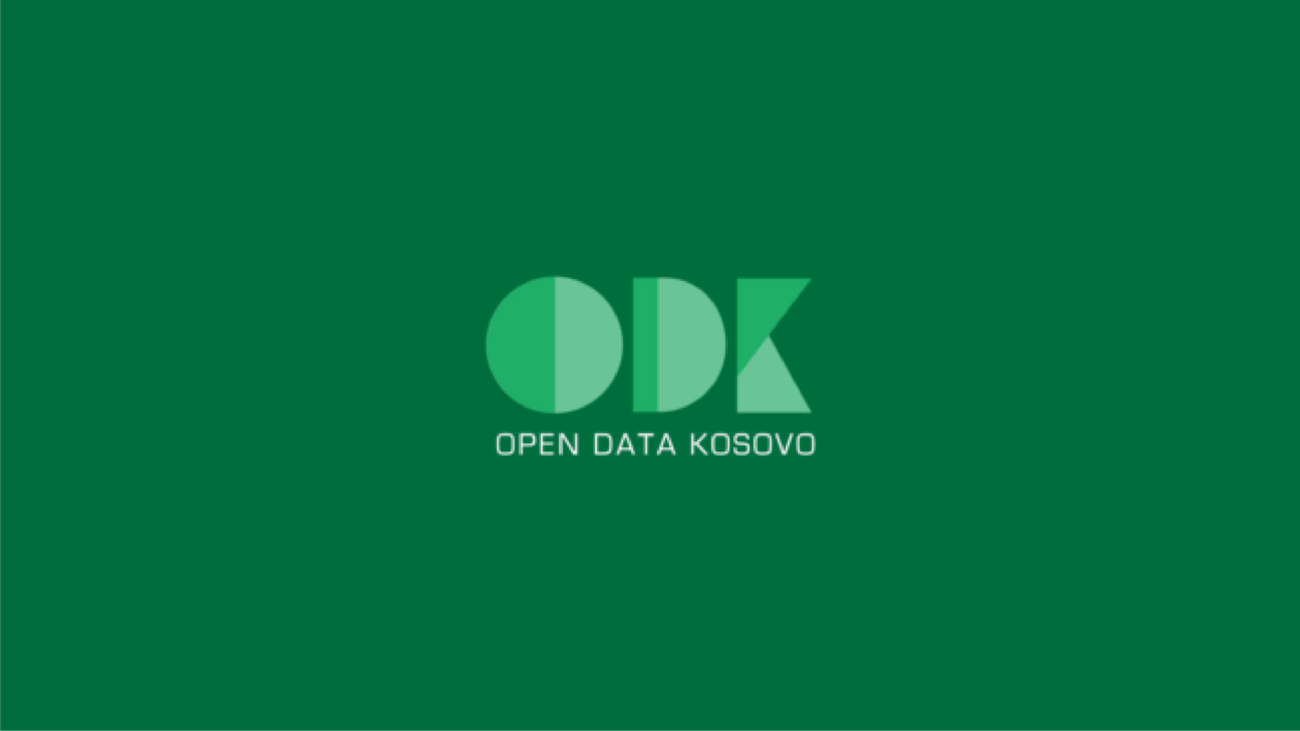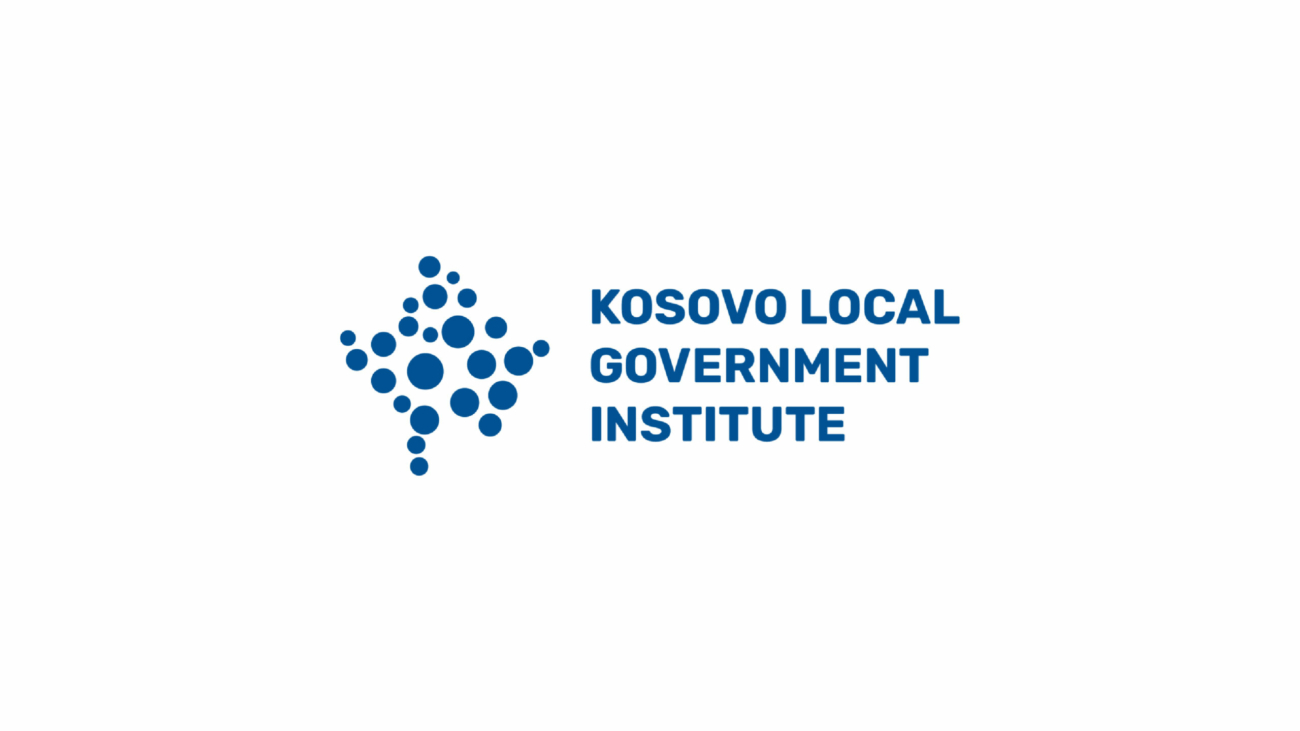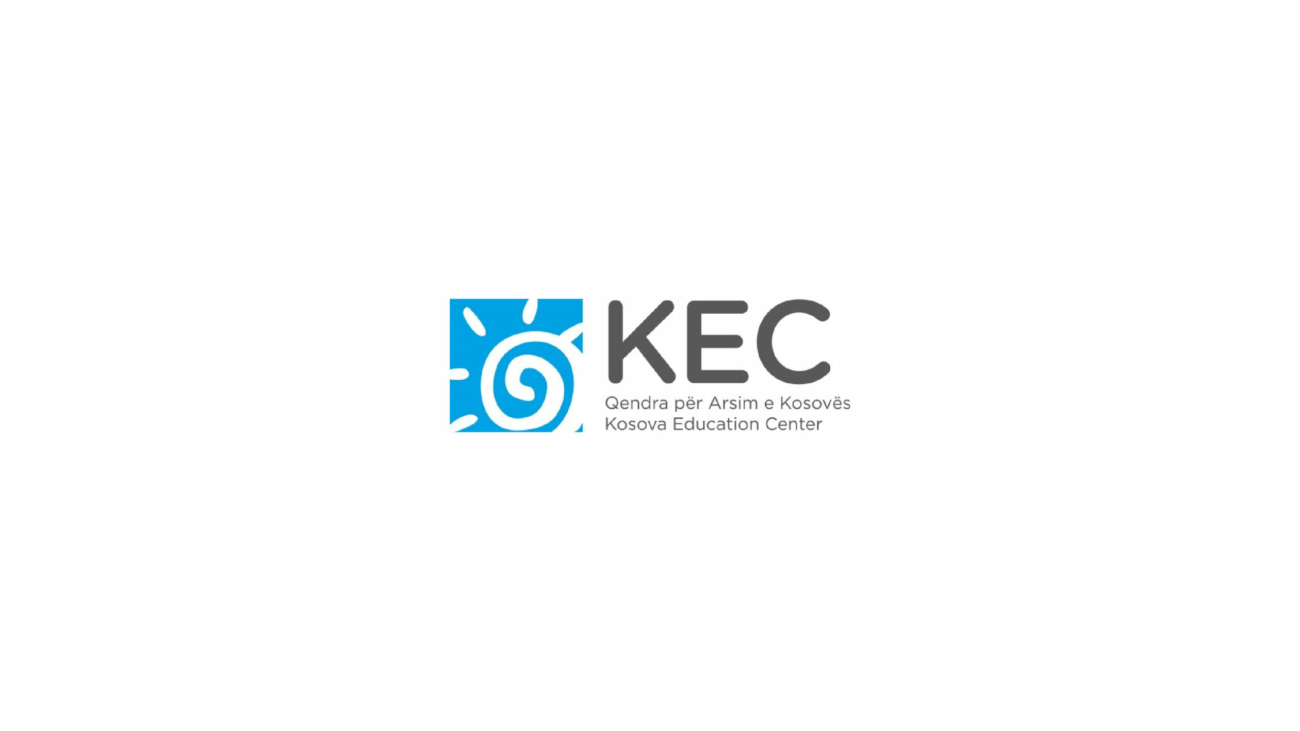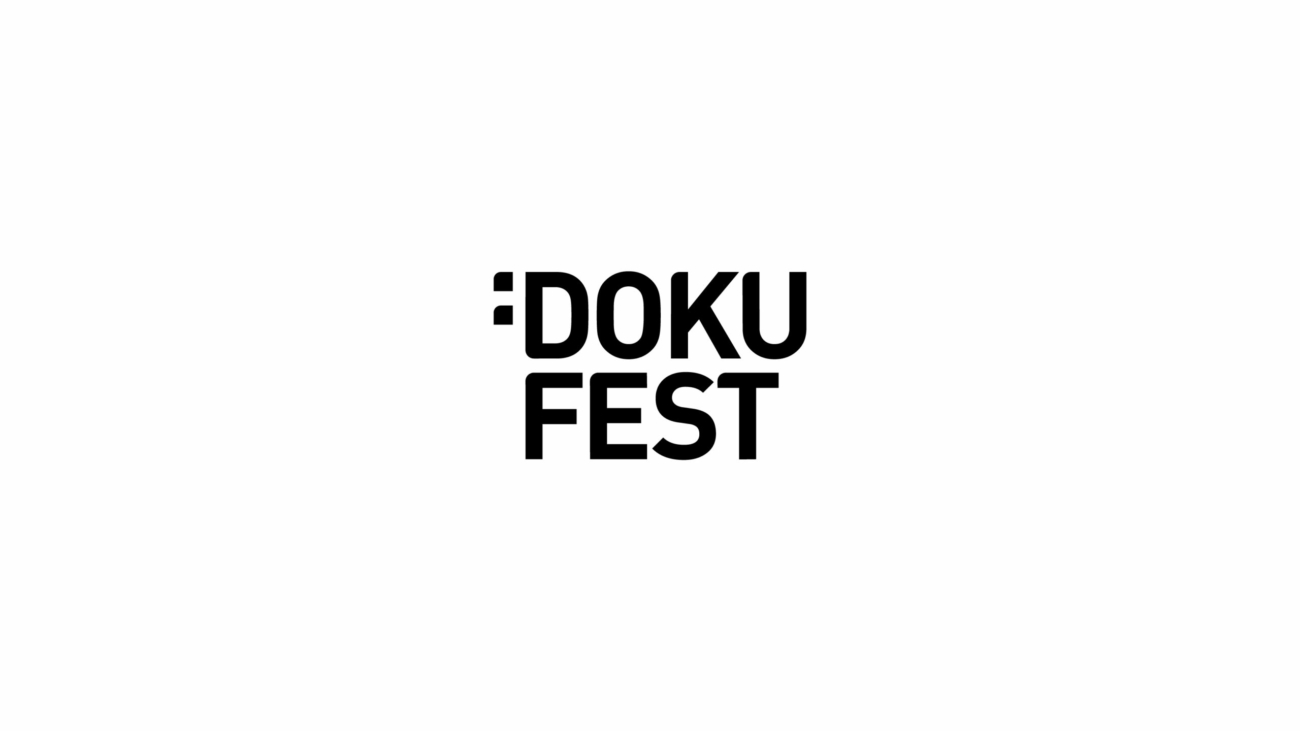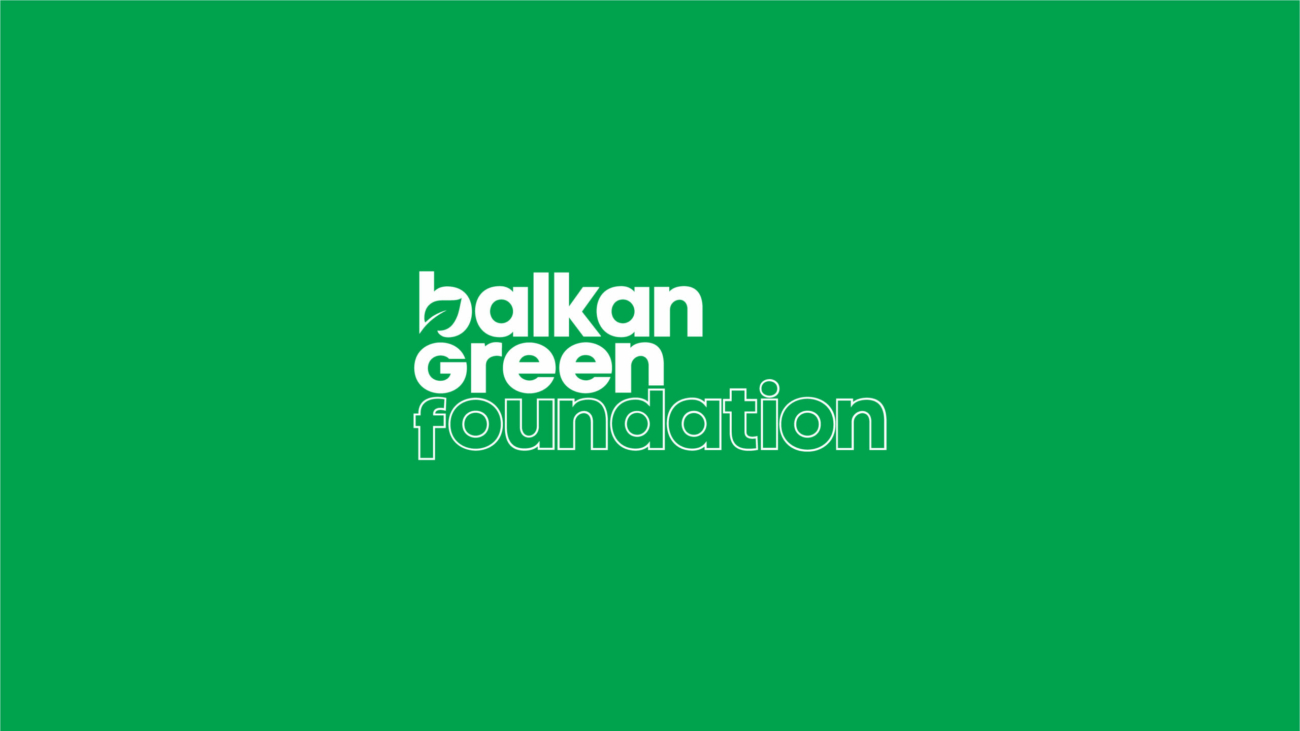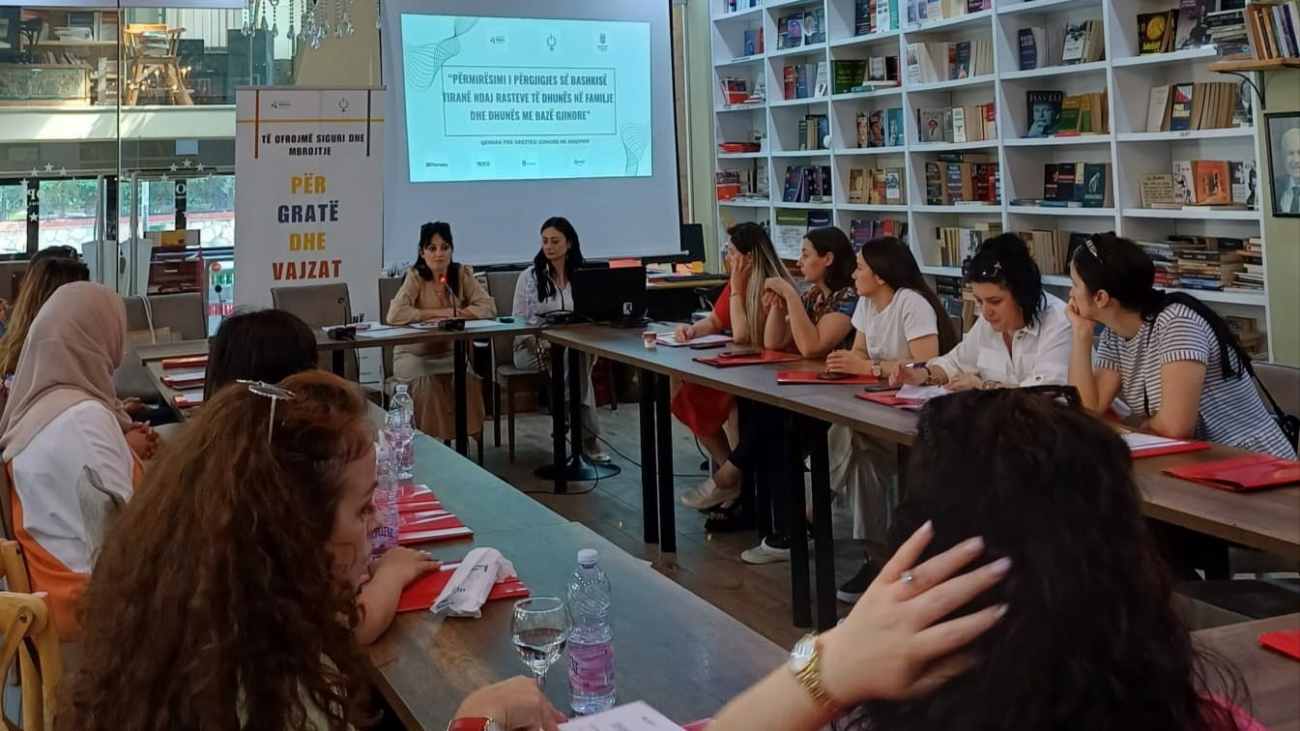Summary of the project
The project aims to strengthen the Coalition of NGOs for Child Protection in the advancement and maintenance of good governance, participation in policy-making processes, raising and diversifying funds and intensification of advocacy. The project aims also to strengthen and increase accountability in the child protection system through monitoring, advocacy, awareness raising and mobilization of relevant actors.
Project goals
General goal is to improve the situation of children and families in Kosovo. The specific objectives of this project are strengthening the Coalition of NGOs for Child Protection and its member organizations, as a key actor for the protection of children’s rights; strengthening and increasing accountability in the child protection system through monitoring, advocacy, awareness raising and mobilization of relevant actors.
Target groups and beneficiaries
The target groups are KOMF member organizations, vulnerable children and families in Kosovo. Decision makers, relevant officials from the central and municipal level, professionals and service providers for children and families in need for social protection.
Main activities
Development of a needs assessment for coalition members and the coalition itself;
Development of a “Capacity Building Program” for coalition members, with modules on good governance, fundraising, development and implementation of internal policies and procedures for child protection, advocacy;
Conducting capacity-building training sessions for members based on the defined areas in the “Capacity Building Program”;
Organizing on-the-job mentoring sessions with member organizations in the four aforementioned areas;
Monitoring the implementation of the Law on Child Protection in key municipalities in Kosovo;
Preparation and publication of the Monitoring Report on the implementation of the Law on Child Protection;
Organizing regional advocacy forums to present and disseminate recommendations from the Monitoring Report on the implementation of the Law on Child Protection;
Collaboration with relevant stakeholders to ensure the adoption and implementation of the recommendations from the Monitoring Report on the implementation of the Law on Child Protection.

